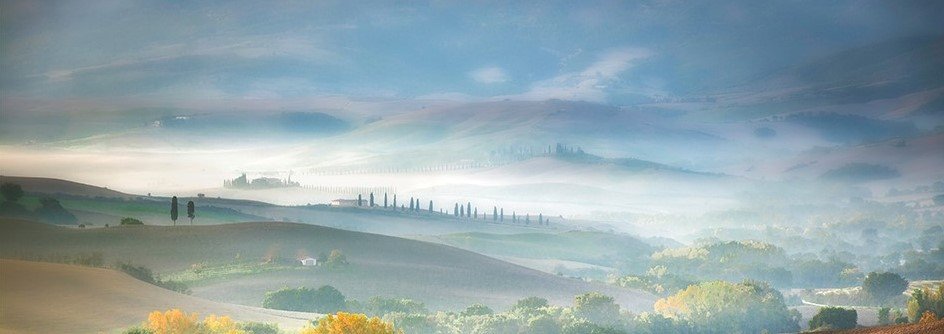
Workshops
Past and Present
No matter your photographic expertise the goal of these workshops is always to provide an unpretentious, interactive and enjoyable experience where you will hone camera skills along with a specific emphasis on producing powerful and compelling compositions in the company of other like minded photographers and artists.
Learn More
-
Bring your camera manual or put the PDF version on your phone. That way if I have to help you with a camera that I am not familiar with we will have a reference.
Look at what the instructor and even the other students are shooting. You may see how your composition can be improved by their examples. The only dumb question is the one you don't ask. That's what workshops are for after all.
Research the location on the internet. You'll get ideas of the weather to expect, the history and culture of the location, and you'll see how others have photographed it. At the same time, try not to get locked in on getting one exact shot. Instead try to keep an open mind and be ready to work with the light and weather that nature provides.
Enjoy and feed off of the creative energy that comes from being around a group of like minded photographers.
-
1) Camera - A DSLR or mirrorless camera. Any camera, any brand made in the last few years will be fine.
2) Lenses - I have become a fan of travel lenses. I currently use a 28-300mm zoom on a full frame camera and carry a 17-40mm wide angle zoom for those shots where 28mm isn't quite wide enough. These two lenses cover everything I need for travel and landscape photography.
3) A good tripod is an absolute necessity. We will be shooting before sunrise and after sunset. Get a tripod light enough to carry, but sturdy enough to support your camera.
4) A camera case or backpack. We will be walking around, sometimes for a couple of hours, so be sure it will hold your gear and yet be comfortable to carry for long periods.
5) A good camera strap. This is something you take for granted until you leave it at home. I prefer the cross body style.
6) Memory cards. Bring more than you think you'll need, and always have a spare available when we are out shooting.
7) Batteries. Bring several extra batteries and be sure to bring your charger. In Europe, make sure you have a converter for the type of plug used in that country. Always have an extra battery or two with you. And remember that Lithium batteries cannot go in checked luggage.
8) Microfiber lens cleaning cloth. This should be with you at all times.
9) A cable release.
10) A loupe for viewing your LCD to check for sharpness.
11) A circular polarizing filter for each of your lenses. And for some shots a neutral density filter may be useful.
12) Your camera manual, either the actual paper manual, or download the PDF to your phone.
-
1) A headlamp or small flashlight. We'll often be going out and returning in the dark, so a light is necessary to walk safely, and also for checking camera settings.
2) Depending on the location, you may need rain protection. There are numerous camera covers available. We can't control the weather, and some of the best lighting happens in cloudy or rainy conditions. Also have a rain jacket or poncho for yourself.
3) Lens cleaning equipment. And sensor cleaning equipment if you are comfortable cleaning your own sensor.
4) A small first aid kit.
5) If you do a lot of low level photography knee pads are useful.
-
Regardless of age, you should be reasonably fit and able to walk a hundred yards on uneven ground and on slight to moderate hills.
Be sure to bring all of your prescription drugs. Let us know if have any food allergies.
If you are prone to carsickness or motion sickness bring the appropriate medications.
If the workshop is outside of the US, check the CDC recommendations for vaccinations for the region.



